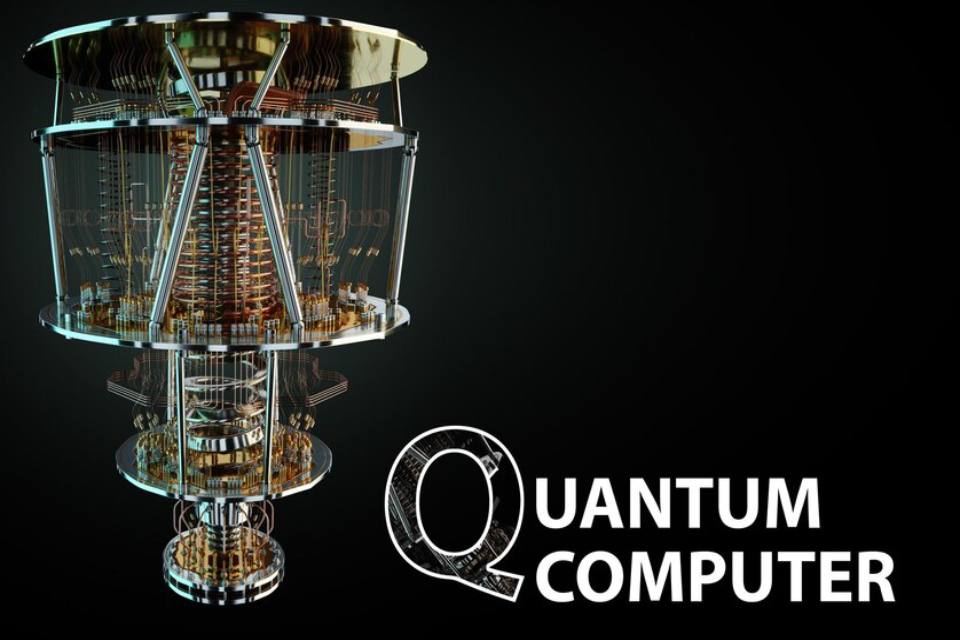Quantum computers are computing devices that use quantum mechanics to transmit and process data. They operate not with bits but with qubits, which can exist simultaneously in several states. This allows them to solve those tasks that ordinary computers would require a lot of time or resources.
Quantum computers have the potential to be applied in different fields, such as chemistry, biology, transportation, medicine, and cryptography. However, building a full-fledged universal quantum computer is a complex and expensive task requiring new discoveries and physics advances.
Therefore, some companies offer to use quantum computers through the cloud. This means that users can access quantum computing over the internet without having their quantum computer. This approach has several advantages:
- Reducing the cost and complexity of owning and maintaining a quantum computer.
- Increase the availability and scalability of quantum computing for a wide range of users and applications.
- Accelerating the development and innovation of quantum technologies.
Companies that provide quantum computing in the cloud include IBM1, Google2, Microsoft3, and D-Wave. They offer different platforms and services for working with quantum computers, such as:
- IBM Quantum Experience is a platform for building and running quantum algorithms on real or simulated IBM quantum processors.
- Google Quantum AI is a platform for developing and testing quantum applications on Google quantum processors or using the Cirq simulator.
- Microsoft Azure Quantum is a platform for accessing various quantum resources from Microsoft and its partners, such as IonQ, Honeywell, and QCI.
- D-Wave Leap is a service for accessing adiabatic D-Wave quantum computers specializing in optimization problems.
To use these platforms and services, users must register on the companies’ websites and follow the instructions to connect to quantum computers. They should also know the basics of quantum programming and use special languages or frameworks.
Examples Of Quantum Applications
Quantum computers can solve various tasks that are difficult or impossible to perform on classical computers. Some of these tasks include:
- Quantum chemistry is the simulation of molecular structures and reactions using quantum algorithms. This can help in the development of new drugs, materials, and catalysts.
- Quantum optimization is the search for optimal solutions for complex problems, such as resource allocation, route planning, and production schedules. This can help in improving efficiency and reducing costs in different industries.
- Quantum cryptography is the security of data transmission and storage using quantum protocols such as quantum key distribution. This can help protect against cyberattacks and espionage.
- Quantum machine learning is the application of quantum algorithms to analyze and classify large amounts of data. This can help with pattern recognition, prediction, and recommendations.
Some companies and organizations are already experimenting with quantum applications to demonstrate the capabilities of quantum computers. For example:
- Google, in conjunction with NASA and USRA, used its 53-qubit Sycamore quantum computer to simulate the chemical reaction of hydrogen with nitrogenase, an enzyme that is involved in nitrogen fixation in soil.
- IBM and ExxonMobil used their IBM Q 20-qubit quantum computer to optimize the distribution of cargo flows in the petrochemical complex.
- In conjunction with Case Western Reserve University, Microsoft used its Azure Quantum platform to process medical images using quantum machine learning.
- D-Wave, in conjunction with Volkswagen, used its 2000,2000-qubit adiabatic quantum computer, the D-Wave <>Q, to plan optimal routes for taxis in Beijing.
These examples show that quantum computers can already solve some practical problems, although they are still far from realizing their full potential. In the future, it is expected that quantum computers will have more opportunities and applications in different spheres of life.
Also Read: Quantum Communications: Secure Transmission Of Information








